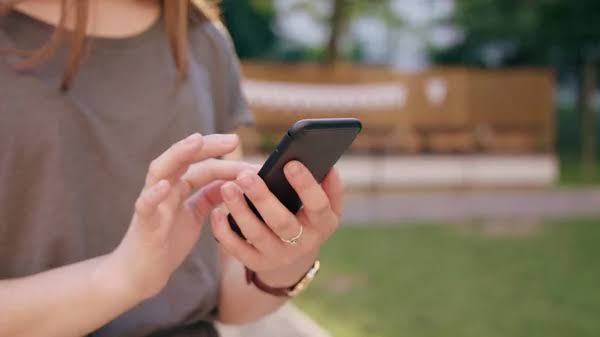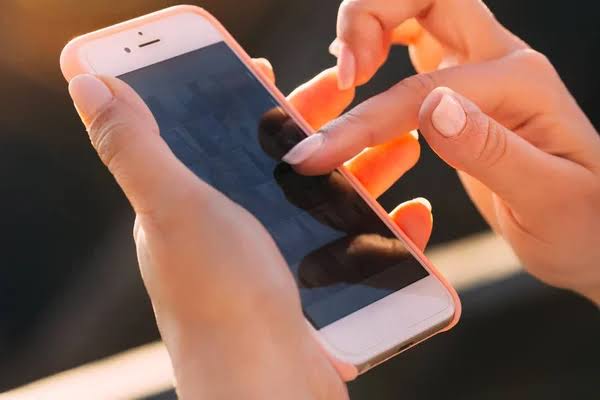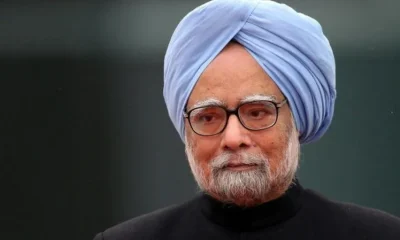Education
Oxford University Names “Brain Rot” Word of the Year 2024

Oxford University Press (OUP) has selected “brain rot” as its Word of the Year for 2024, following a vote in which over 37,000 participants contributed.
It reflects growing concerns about the negative effects of consuming low-quality or meaningless content, especially online.
What Does “Brain Rot” Mean?
In a statement released Monday, OUP defined “brain rot” as “the decline of a person’s mental or intellectual state, usually because of overconsumption of content (especially online) that is seen as unimportant or shallow.”
The phrase was first used by American author Henry David Thoreau in his 1854 book Walden, where he criticized society for choosing simple ideas over more complex ones.
The term has gained popularity as people become more aware of the effects of spending too much time online.
Earlier this year, a healthcare provider in the U.S. began offering treatments for “brain rot,” describing it as a condition that causes mental fog, low energy, and poor focus.

Casper Grathwohl, president of Oxford Languages, noted that “brain rot” highlights worries about modern digital life.
He also pointed out the irony that the term has become popular among younger generations, particularly Gen Z and Gen Alpha, who use social media.
“It shows a self-aware attitude among younger people about the harmful effects of the social media they use,” Grathwohl said.
“Brain rot” beat out other contenders for Word of the Year, including “lore” (meaning a collection of facts and stories), “romantasy” (a mix of romantic fiction and fantasy), and “slop” (referring to low-quality content created by artificial intelligence).
The word “demure,” which became popular after a viral Tik Tok video, was also shortlisted.
Last year, OUP selected “rizz” as the Word of the Year. Derived from “charisma,” it refers to a person’s ability to attract a romantic partner.
Here’s our video of the week:
Advertise or Publish a Story on EkoHot Blog:
Kindly contact us at ekohotblog@gmail.com. Breaking stories should be sent to the above email and substantiated with pictorial evidence.
Citizen journalists will receive a token as data incentive.
Call or Whatsapp: 0803 561 7233, 0703 414 5611



















